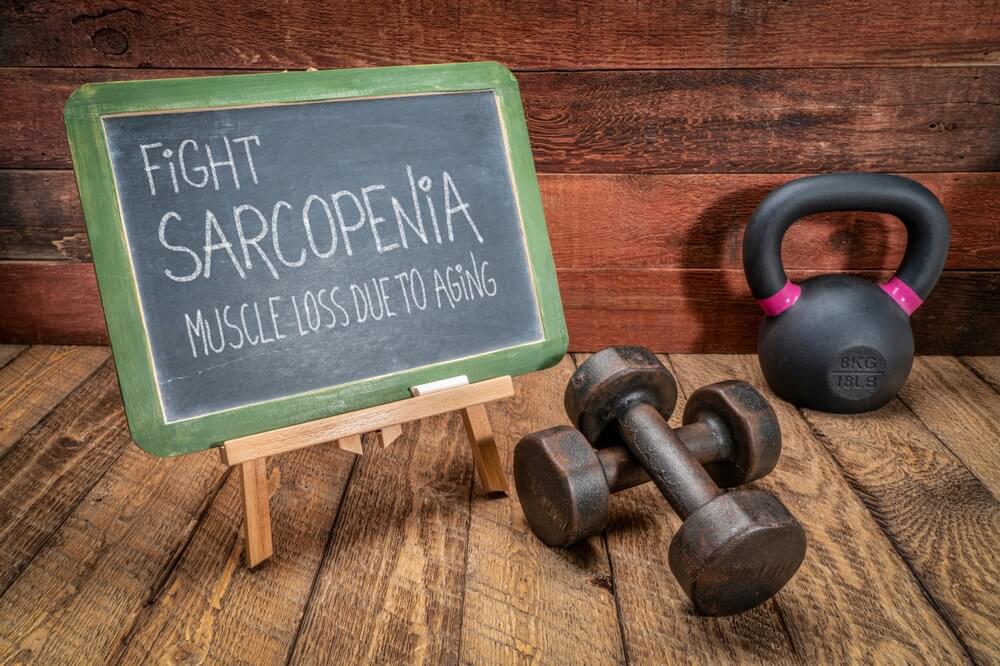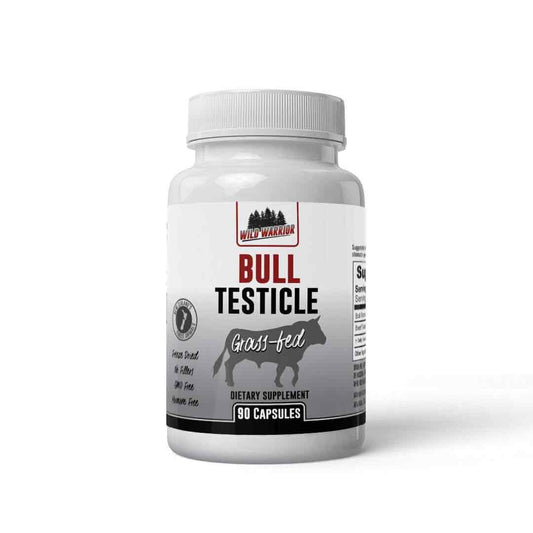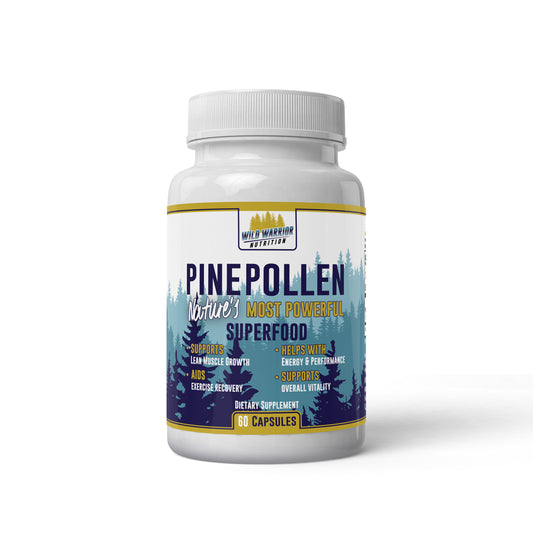Sarcopenia, the age-related loss of muscle mass and strength, is a common condition that can significantly impact your physical performance and physique as you get older (40+). Fortunately, research indicates that diet can play a crucial role in preventing and managing this natural process. Here are some scientifically-backed dietary strategies to help prevent and slow sarcopenia.
1. Prioritize Protein Intake
Protein is arguably the most important macronutrient and is essential for maintaining and building muscle mass. Research suggests that an intake of around 1.2 grams of protein per kilogram of body weight per day can help prevent sarcopenia and muscle loss source. Including high-quality protein sources in your diet such as lean meats, fish, eggs, and quality protein drinks are essential.
2. Embrace Dietary Diversity
A study found an association between dietary diversity and lower risk of sarcopenia, implying that a varied diet may help prevent the condition source. Including a wide range of fruits, vegetables, whole grains, lean proteins, and healthy fats in your diet can ensure you get a broad spectrum of nutrients needed for muscle health.
3. Adopt a Mediterranean Diet
A study focusing on the benefits of the Mediterranean dietary pattern, rich in fruits, vegetables, whole grains, lean proteins, and healthy fats, showed an association with a lower risk of sarcopenia source. This diet is not only beneficial for muscle health, but also promote heart health and overall body composition.
4. Optimize Nutrient Intake
Certain nutrients have been linked to muscle health and may help prevent sarcopenia. These include vitamin D, omega-3 fatty acids, and antioxidants like vitamins C and E. Ensuring adequate intake of these nutrients through diet or supplements, like grass-fed beef liver, under the guidance of a healthcare professional, can support muscle health source.
5. Maintain a Healthy Weight
While it's important to consume adequate nutrients, maintaining a healthy weight is also crucial. A review of various interventions to stave off sarcopenia found that overeating, which is commonly accepted as the cause of obesity, can exacerbate muscle loss. Conversely, the same study showed that under-eating can lead to nutrient deficiencies, negatively impacting muscle health and also exacerbate sarcopenia source.
In conclusion, adopting a balanced, nutrient-dense diet can play a significant role in preventing sarcopenia. It's important to remember that diet is just one piece of the puzzle, and regular physical activity, particularly resistance and balance training, is also crucial in the fight against sarcopenia. Always consult a healthcare professional before making significant changes to your diet or exercise routine.





